|
Martin Luther King Jr.'s "I Have a Dream" speech was delivered during the March on Washington for Jobs and Freedom on August 28, 1963. In it, he called for civil and economic rights as well as an end to racism in the United States.
Ask yourself: Is our world today what Martin Luther King Jr. meant when he said "I have a dream?" Today, the constant oppression of Black people continues as it is used to strengthen white supremacy and the broken system that doesn’t properly govern. Is this what Martin Luther King Jr. meant when he said “All men, yes, Black men as well as white men, [will] be guaranteed the unalienable rights of life, liberty, and the pursuit of happiness?" Considering the increasing instances of police brutality in America, Black people aren't even guaranteed life. Moreover, we can’t jog, play in our yards, walk back from stores in the dark, sleep in our beds, have a taillight out on our cars, or pay for our groceries in peace. So how do we make it to the guarantees of liberty and the pursuit of happiness? This cannot be the America of Martin Luther King Jr.'s dreams. Or the America that red, white, and blue flags wave for. The celebration of freedom through fireworks and hotdogs simultaneously celebrates children being put in cages on our southern border, and more often than not, whiteness allows many to look past it. Today, we are in an America where people continue to be blinded by white privilege. This includes the insurrection of January 6th, 2021. After months of peaceful protests from the Black Lives Matter movement all over the world (which were repeatedly met with heavy artillery, rubber bullets, tear gas, handcuffs, and arrests), a group of armed, violent white terrorists walked into the Capitol like it was a regular Wednesday. However, I ask the question, what would it have been like if Black Lives Matter protestors would've tried to storm the capitol? From personally being out in Washington, DC, there were thousands of military armed men whose hands were on the trigger because my Black skin is seen as a weapon. We do not have the privilege of assumed innocence. Due of this, the disgust that sits at the bottom of my stomach is because we are living in two different Americas. I believe this is not what Martin Luther King Jr. envisioned, not what he fought for, and not what he dreamed of as he spoke to over 250,000 civil rights supporters from the steps of the Lincoln Memorial. Martin Luther King Jr wasn’t asking for much. He just wanted basic human rights for everyone. He wanted us to treat each other with respect and decency. He dreamed that even with all of our differences in society, we would look forward and embrace the uniqueness that makes us. He hoped we would all realize at the end of the day that we are all people with feelings, needs, and that we all make mistakes. I think what most people miss about Martin Luther King Jr.'s message is that he wanted us to love one another as if we were all friends and family. With such a basic message of loving your neighbor, he was able to inspire change and impact a whole generation of people. Martin Luther King Jr. gave his speech in 1963. America, it is 2021. When will we do better? When will white people support and uplift Black people? Hasn’t enough of our blood been shed? Don’t we deserve basic human rights past life, but liberty and the pursuit of happiness? When will you wake up and fight with us and for us? After all, we are your doctors, fashion designers, athletes, models, lawyers, artists, chefs, business owners, nurses, dancers, and everything else. We are the blueprint and our lives deserve to be valued. Sincerely, a tired Black woman, Amaya Jernigan About Amaya: Amaya Jernigan is a junior biology major who attends West Virginia University. Amaya is a part of the first Black sorority Alpha Kappa Alpha Sorority, Incorporated. Amaya makes strides to better the West Virginia area by writing legislation about equity and inclusion to change things on her campus. Amaya is intending to run for Student Government Association President in spring 2021. When her efforts succeed, she will be the first Black woman to hold the Student Body President title. Amaya works endlessly to give back to her community and West Virginia University is lucky to have her.
3 Comments
Most people know the basic life of Rev. Dr. Martin Luther King Jr.’s life but there some are hidden gems. His parents had always told him that he was equal to everyone, teaching him to become an activist. His time in Simsbury, CT working at the Cullman Brothers’ tobacco farm in the summers of 1944 and 1947 developed his interest in his calling to minister and his involvement in the Civil Rights Movement. During the summers at 8 a.m., the Morehouse students would attend church services and Dr. King viewed himself as a religious leader. These visits opened his eyes to the world of no segregation. In a note to his father, he wrote, “The white people here are very nice. We go to any place we want and sit any where we want.” Going back to Atlanta, GA affected Dr. King mentally. “[The] separation did something to my sense of dignity and self-respect.”
Dr. King became involved in the Civil Rights Movement when he was chosen to be the president of the Montgomery Improvement Association (MIA). The MIA was where Dr. King began his work with the Montgomery Bus Boycott. He was chosen because he was new to the world of the Civil Rights Movement and according to Rosa Parks, “...he hadn’t been there long enough to make any strong friends or enemies.” Once Dr. King reached new heights in the leadership of the Civil Rights Movement, he played pool to reach out to the members of the Black community who did not come to church to hear his messages. During his lifetime, Dr. King was arrested 29 times for his Civil Rights activities, gave 2,500 speeches, wrote five books and published numerous articles, and traveled more than six million miles. He won a Congressional Gold Medal, a Medal of Freedom, and a Grammy in 1971 for Best Spoken Word Album for “Why I Oppose the War in Vietnam”. The unknown hidden gems of Rev. Dr. Martin Luther King Jr.’s life show that even though it takes one some time to find their purpose in life, once you find it you will shine. The legacy of this great orator, activist, and leader lives in the hearts and minds of all activists and visionaries who want this country to be a better place for Black lives. We learn every day, most of the time without even knowing it. We learn new traffic patterns, new phrases, new song lyrics, new recipes, and new things about ourselves! These are examples of "accidental learning" - we don't typically jot down all of the left and right turns of a new route, or study every single phrase we hear each day, or stare at all the words of a song, or try to memorize a new recipe we enjoy or ask ourselves prying questions to see what we can reveal. Instead, we stumble upon these pieces of knowledge! If you drive to that new coffee shop enough, you'll know the route there by heart. If you hear a phrase that someone repeatedly uses, you'll unknowingly integrate it into your own speech. If you listen to a song you like over and over again, you will sing along to all the words without ever even reading the lyrics. And if you cook your mom's famous potato soup enough every winter, you will eventually be dancing around the kitchen throwing ingredients into a pot without a second glance at a recipe card. Like I said, we learn every single day!
But how many things do we learn intentionally? Think of the last thing that you sat down and truly focused on - whether you read articles, watched YouTube videos, attended formal lectures or courses, bought books, asked someone to teach you, or played around by trial and error... How long ago was that? What was it? Do you remember? For your own edification, I challenge you to try to learn something new before the end of the year! You can start small...or you can think big! Here is a list of ideas to get those learning wheels a'turnin':
Learning is easier when we develop the right habits to facilitate lifelong learning, such as:
What kind of learner are you? Go forth and learn something new! Long-standing systemic health and social inequities have put many people from racial and ethnic minority groups at increased risk of getting sick and dying from COVID-19. The term “racial and ethnic minority groups” includes people of color with a wide variety of backgrounds and experiences. But some experiences are common to many people within these groups, and social determinants of health have historically prevented them from having fair opportunities for economic, physical, and emotional health.
There is increasing evidence that some racial and ethnic minority groups are being disproportionately affected by COVID-19.Inequities in the social determinants of health, such as poverty and healthcare access, affecting these groups are interrelated and influence a wide range of health and quality-of-life outcomes and risks. To achieve health equity, barriers must be removed so that everyone has a fair opportunity to be as healthy as possible. Factors that contribute to increased risk
What We Can Do The COVID-19 pandemic may change some of the ways we connect and support each other. As individuals and communities respond to COVID-19 recommendations and circumstances (e.g., school closures, workplace closures, social distancing), there are often unintended negative impacts on emotional well-being such as loss of social connectedness and support. Shared faith, family, and cultural bonds are common sources of social support. Finding ways to maintain support and connection, even when physically apart, can empower and encourage individuals and communities to protect themselves, care for those who become sick, keep kids healthy, and better cope with stress. Community- and faith-based organizations, employers, healthcare systems and providers, public health agencies, policy makers, and others all have a part in helping to promote fair access to health. To prevent the spread of COVID-19, we must work together to ensure that people have resources to maintain and manage their physical and mental health, including easy access to information, affordable testing, and medical and mental health care. We need programs and practices that fit the communities where racial and minority groups live, learn, work, play, and worship. Data on COVID-19 and Race and EthnicityCDC resources
CDC - "Health Equity Considerations & Racial & Ethnic Minority Groups" with sources: https://www.cdc.gov/coronavirus/2019-ncov/community/health-equity/race-ethnicity.html CDC - Coronavirus Disease website: https://www.cdc.gov/coronavirus/2019-nCoV/index.html Diabetes is one of the most serious health problems that affect the African American community. Type 2 diabetes is the most common form of diabetes. The pancreas is essential to convert food into fuel for the body. The pancreas helps digest food and regulate blood sugar. Insulin is produced by the pancreas to help regulate blood sugar. In Type 2 diabetes the body builds up resistance to insulin and the pancreas needs to produce more until it may stop producing insulin. Therefore glucose builds up in the blood. If the glucose is high in the blood it may cause increased thirst, nausea, extreme fatigue, blurry vision, tingling or numbness in your hands/feet, and increased urination.
African Americans are 3 times more likely to develop Type 2 diabetes than European whites. Risk factors include being overweight or obese, high blood pressure, high cholesterol, family history, and cigarette smoking. Here are ways to help prevent or improve the management of diabetes:
On May 10, 1930, on the campus of Howard University, in Washington DC, the National Pan-Hellenic Council was formed as a permanent organization with the following charter members: Omega Psi Phi and Kappa Alpha Psi Fraternities, and Alpha Kappa Alpha, Delta Sigma Theta and Zeta Phi Beta Sororities. The purpose and mission of the organization in 1930 was “Unanimity of thought and action as far as possible in the conduct of Greek letter collegiate fraternities and sororities, and to consider problems of mutual interest to its member organizations.” In 1931, Alpha Phi Alpha and Phi Beta Sigma Fraternities joined the Council. Early in 1937, the organization was incorporated under the laws of the State of Illinois and became known as The National Pan-Hellenic Council, Incorporated.
Soon thereafter, Sigma Gamma Rho Sorority joined The National Pan-Hellenic Council, Incorporated. Iota Phi Theta Fraternity completed the list of member organizations in 1997. The National Pan-Hellenic Council, Inc. consists of 9 predominately African American Greek letter organizations known as the Divine 9.
I’m not crazy, but…
Sometimes I feel like it. There are times when I feel fine. But there are times when I definitely am not. It’s like my mind is on fire. The thoughts are constant. They run over each other and I can’t keep them straight. Other people can’t follow or keep up with what I’m talking about. I feel like I can tackle gigantic projects, all by myself. And other weird things happen. I buy things I don’t need. Not one pair of shoes but maybe seven. Sometimes not even the size I wear. I obviously didn’t need them, but can’t stop myself. I get so impulsive. I’ll do just about anything, try just about anything, sometimes resulting in life-changing badness. When you are feeling like this, it could be mania. Just about everyone knows what depression is. At some point, everyone experiences sadness, so depression is not hard to imagine as really bad sadness. A lot of people have heard about Bipolar Disorder, but few actually know what it is. It’s often thought that if you have mood swings or anger outbursts, then you must be Bipolar. Bipolar is more than a mood swing! Bipolar disorder is an illness of mood that can have episodes of depression with the other side being mania. People don’t seek help when they are manic. They seek help when they crash. Most of the time mania feels great, ecstatic, otherworldly. All of your sensations are heightened. Colors more vivid, urges unstoppable. The desire to spend, to use, to seek all pleasure, despite the risk. Bipolar Buzzwords Distractibility: cannot keep focus on any one thing, constant shifting attention. Insomnia: the decreased need for sleep, can’t sleep for days, or at full energy after only an hour or two of sleep. Grandiosity: feeling like the king/queen of the world, unrealistic power. Flight of ideas: racing thoughts, constant flow of random thoughts. Activity/ Agitation: super creative and starting many tasks that go unfinished. Speech: pressured speech, increased talking that is very difficult to stop. Thoughtlessness: increased risky behaviors (driving 100 mph, indiscriminate sex, stealing, spending excessive amounts of money in the thousands). How can I help myself? The single most important thing is to protect your sleep. Just because you can go without sleep, doesn’t mean you should. Don’t stay up all night playing games or watching movies because you can. Sleep deprivation can trigger a manic episode. Build a support system. Family or friends who know you well enough to recognize when you’re spending too much or when your behavior becomes erratic. Other things you can do that don’t involve a co-pay:
Missy, MD The 2020 election is upon us! The country is in crisis and our opportunity to vote for new leadership is in our hands. With the recent passing of the Honorable Ruth Bader-Ginsberg, continual oppressive decisions, and the current state of the union, concern increases. Together, we must organize and carefully prepare ourselves to not only vote, but to help inform and arm others with the knowledge needed to make sound decisions around voting. We can empower, engage, and excite our communities about voting. Call your friends, family, church members, and make sure that they are registered to vote. The last day to register to vote in West Virginia is October 13th. Visit the Secretary of State's website at https://sos.wv.gov/elections/Pages/GoVoteWV.aspx and click on Elections to register online. On this site, citizens can verify their registration status. All you need is the person's name and birthdate to submit. The site will let you know whether you are active, your county/ precinct/ and your congressional district. For ease, you will also find the printable Application for Absentee Voting (https://sos.wv.gov/FormSearch/Elections/Voter/Absentee%20Ballot%20Application.pdf). Make copies and hand them out to your church members, coworkers, friends, and neighbors. By any means necessary, Get Out to Vote, and empower others to do the same. The county clerks began mailing ballots on September 18th. To support the people that you ask to fill out the form, ask them their plan and help them execute that plan. Mail in your ballot, drop it off, or be traditional and vote in person. No matter how you plan to do it, just do it. We have 36 days before the General Election. Stay tuned and continue to engage others.
West Virginia Online Voter Registration Website: www.ovr.sos.wv.gov Important Dates: October 13, 2020 (post received by Oct. 16th) - Voter Registration Deadline October 28, 2020 - Eligible voters may apply for a General Election ballot by mail. October 21 – October 31, 2020 - Early Voting at the county courthouse, annex or designated community voting location during normal business hours and Saturdays 9AM to 5PM. October 28, 2020 - Deadline for Absentee by Mail Application. November 2, 2020 - Deadline to hand-deliver Absentee Ballot to County Clerk’s office. November 3, 2020 (General Election Day) - Polls open 6:30 AM to 7: 30 PM and absentee ballots must be postmarked. November 9, 2020 - Absentee Ballot postmarked by Election Day accepted if received by start of Canvass. Please feel free to contact me with additional GOTV suggestions or activities at 304-543-0248 or [email protected] . Let’s change history with our votes! McDowell County is the most Southern County in West Virginia, bordering southwest Virginia. Blacks began migrating into the County when railroads came to the County, on or about 1895. The railroads provided mass transportation of coal to eastern and mid western parts of the nation. This new industry created jobs requiring hard labor coupled with low skills. Because of the lack of suitable housing, coal companies built houses for its employees. The grouping of these houses was called “coal camps”.
The population increased rapidly, going from 7,300 in 1896 to over 98,000 in 1950. The Black population increased greatly during this period; and its Black population was the highest of any County in the State. Along with the influx of Black miners, Black professionals soon followed to serve the community. They included Medical Doctors, Nurses, Dentists, Pharmacists, School Teachers and School Administrators. This professional class served the entire population, except of course, the educational sector. Coal mining soon became the main industry, employing thousands of employees, with close to 35% being Black. The coal companies were segregated and several mines’ production staff were nearly all Black. It should be noted that these mines were duly recognized as being more efficient than other mines. Black policy makers were included in all phases of civic life, including the union representing the coal miners. The County once boasted 4 separate Black High Schools, more than any other County in the State. Its graduates have distinguished themselves in various professions throughout the nation and exhibit great pride in their home County, affectionately referred to as “The Patch”. Also included in the Black migration were gamblers, women of ill repute and others of similar ilk. A small area, approximately 6/7 acres, commonly called “Cinder Bottom” was where the above-named, engaged in their individual professions. Coal is no longer “King” and the population has sunken below 18,000 and is ranked among the poorest counties in the nation. |
Due to the COVID-19 pandemic, the 2020 West Virginia Black Heritage Festival has been canceled but that doesn't mean we're taking a break! Archives
January 2021
Categories |
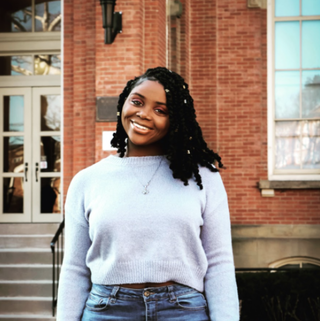
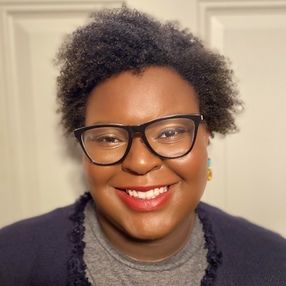
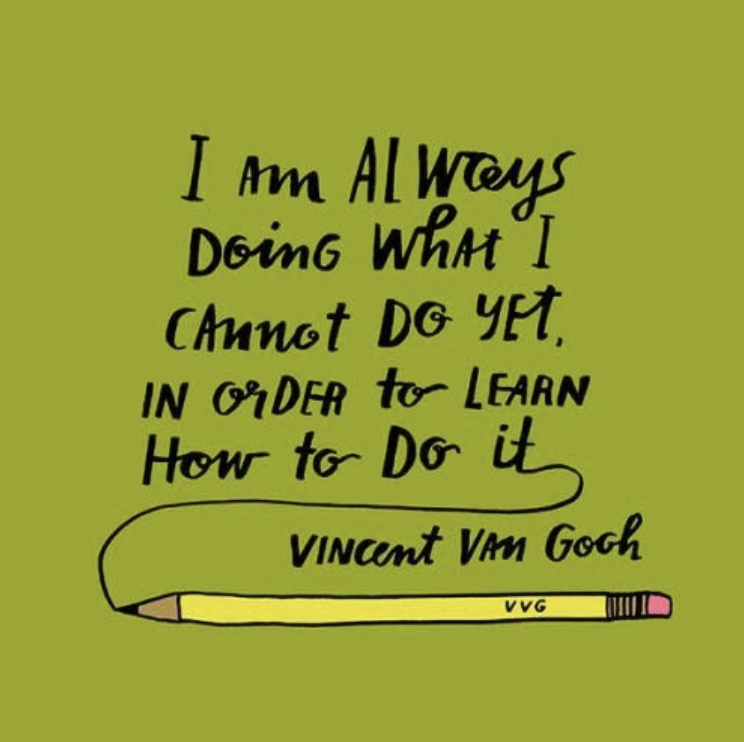
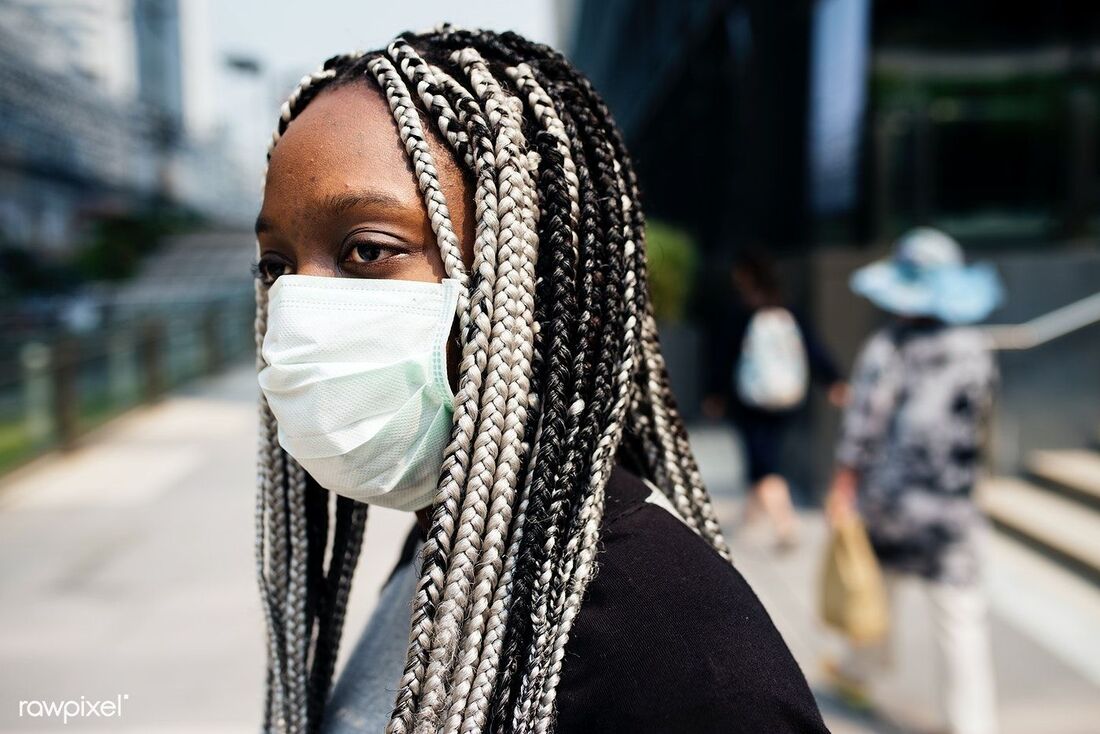
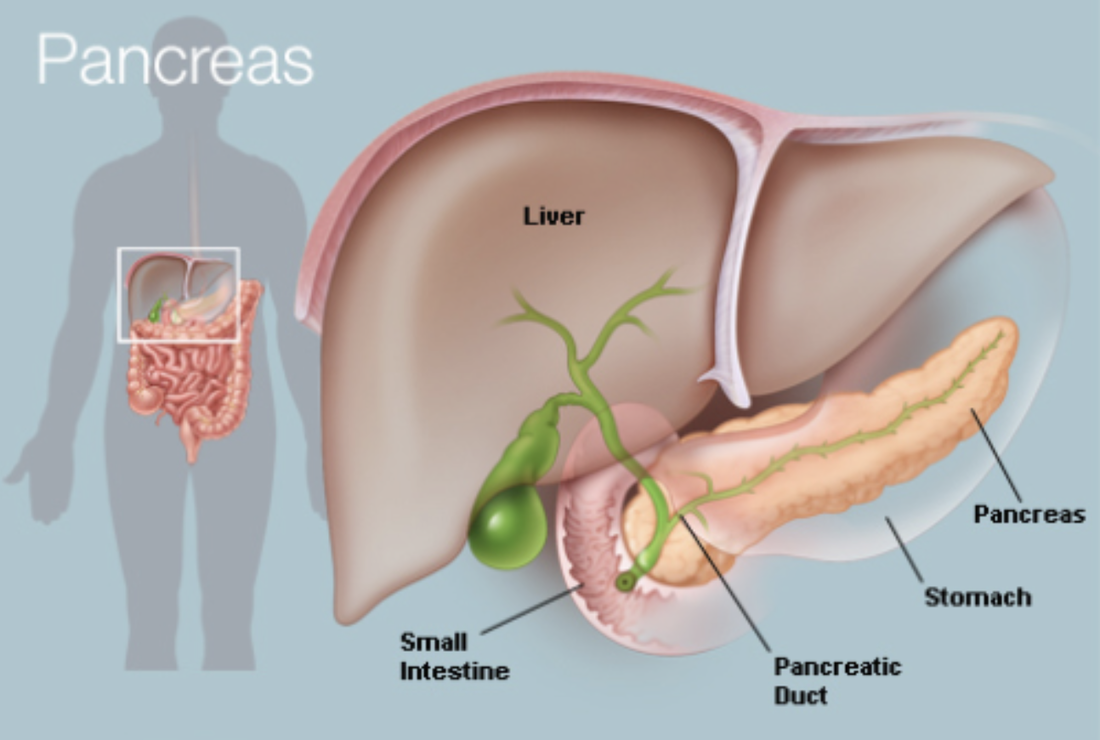
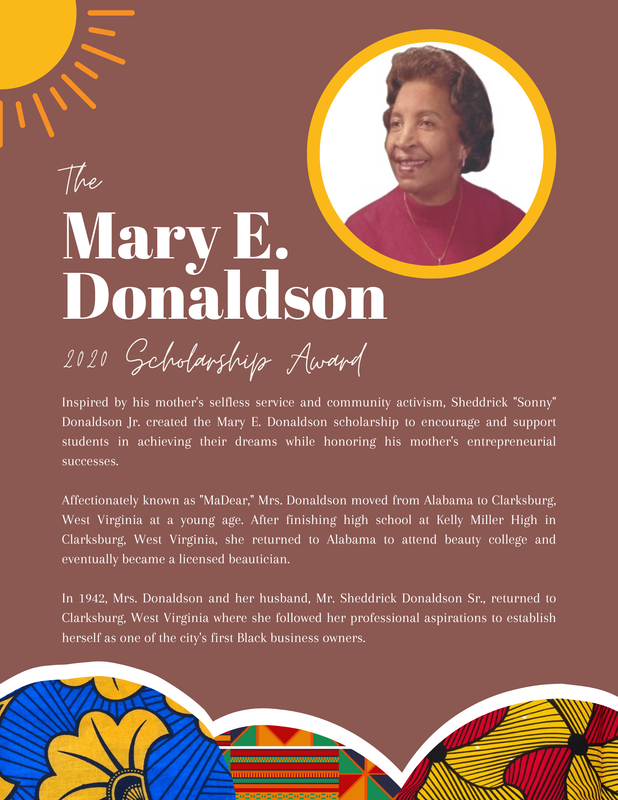
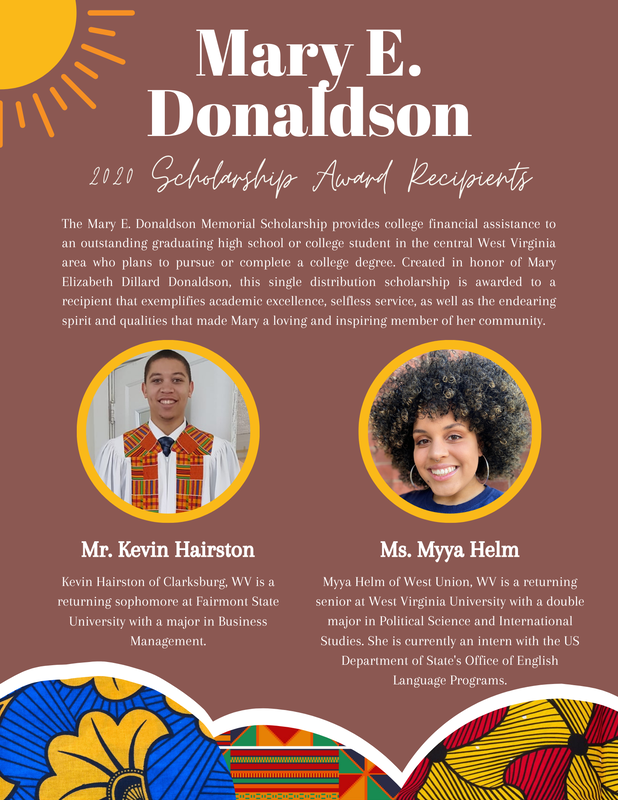
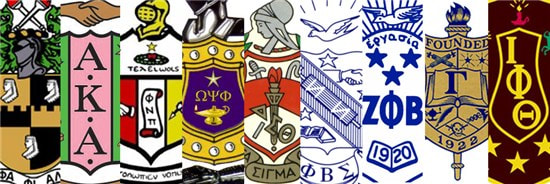
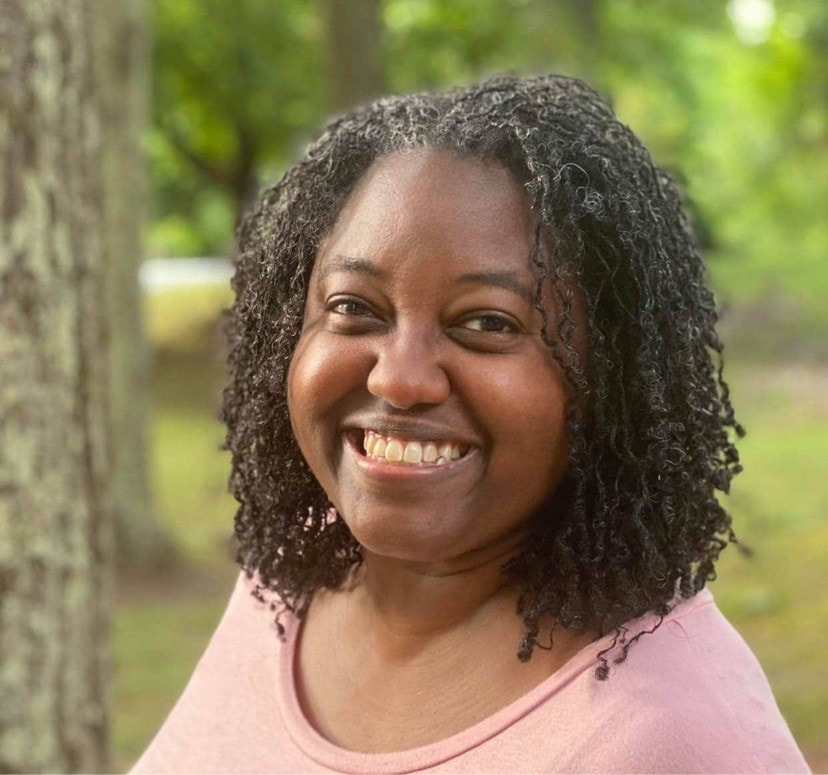

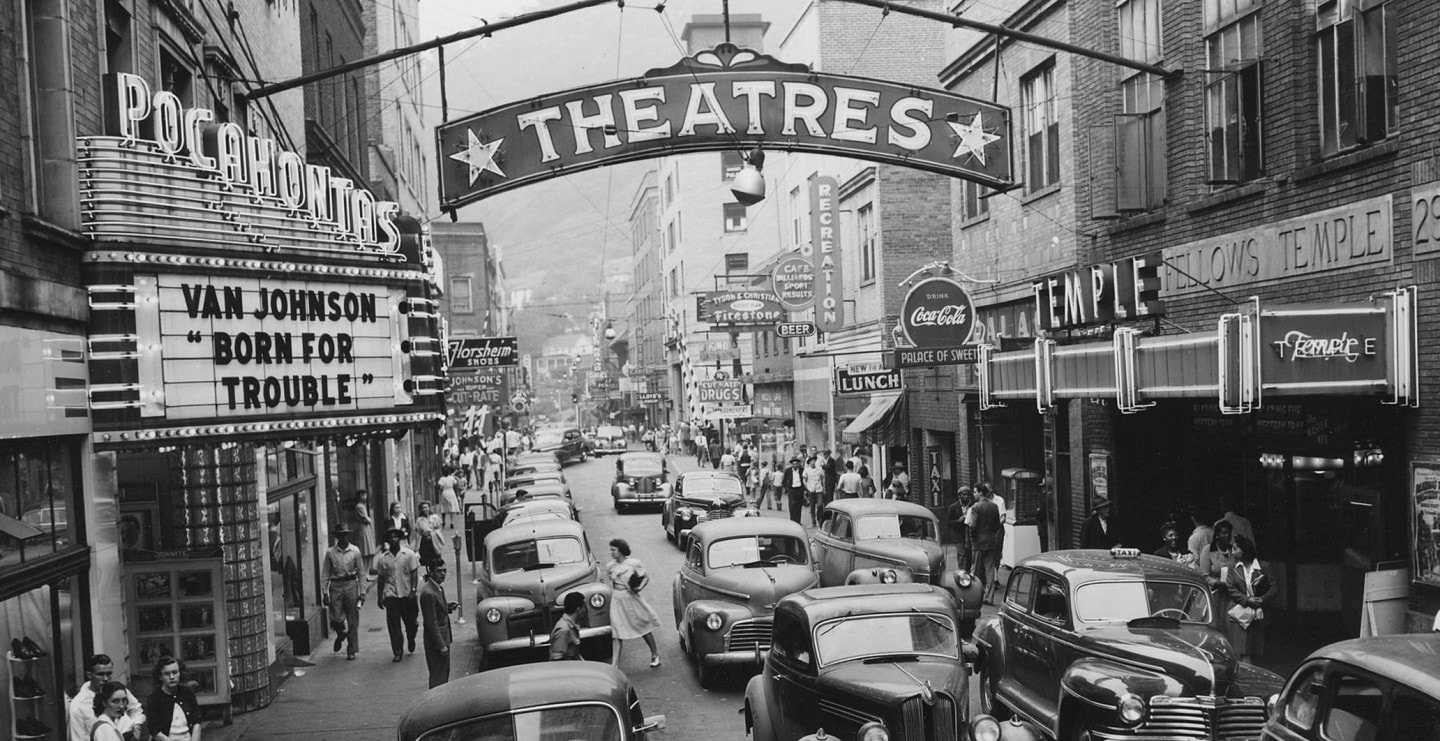
 RSS Feed
RSS Feed